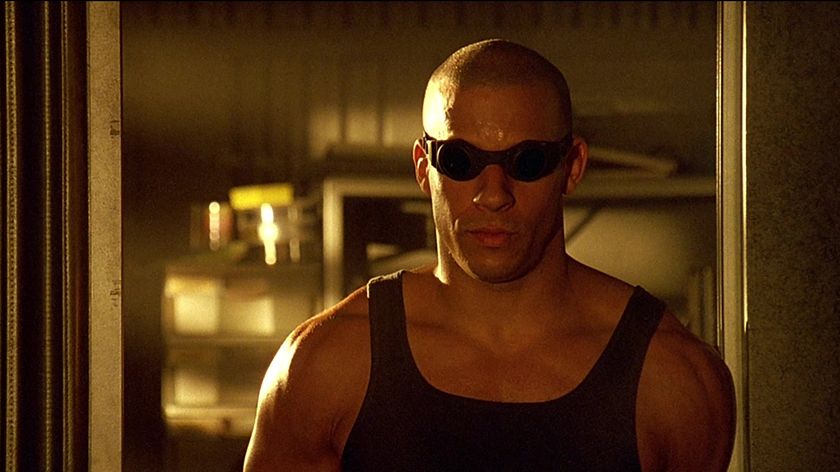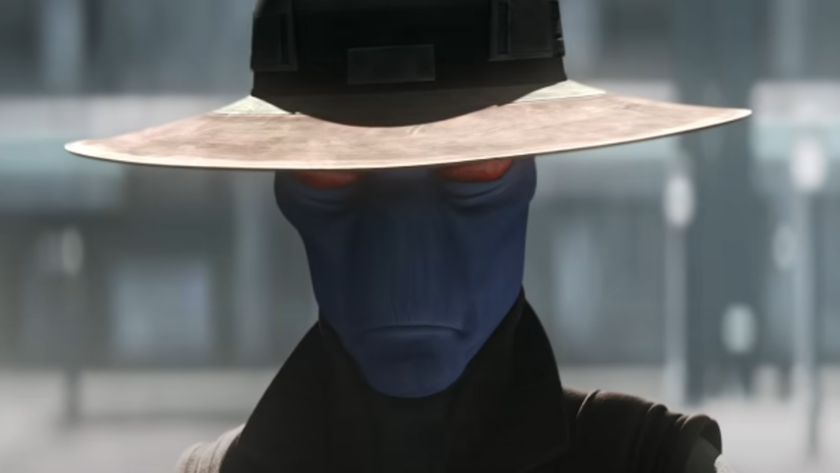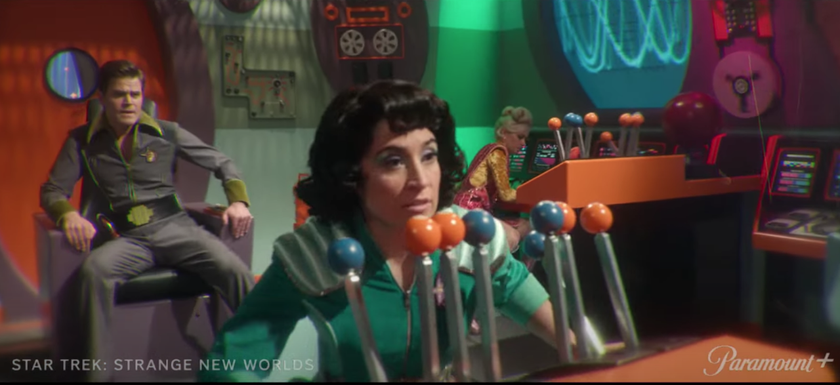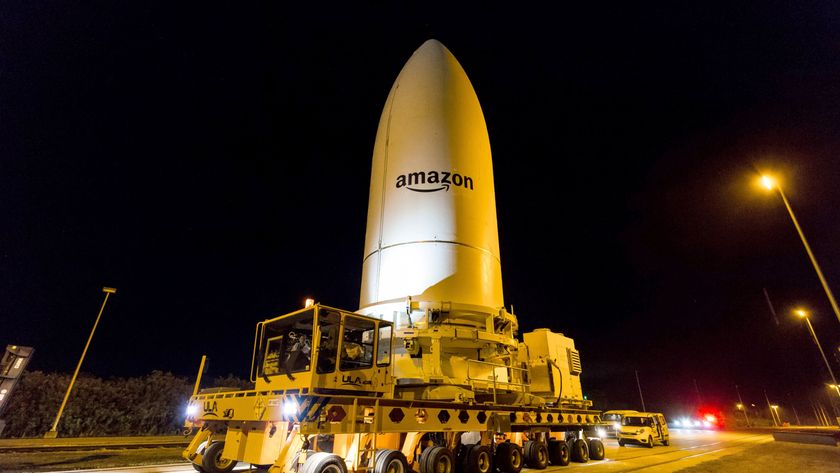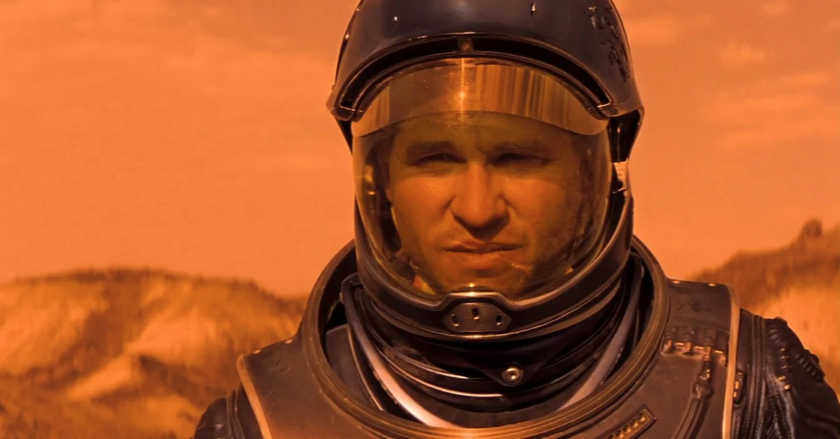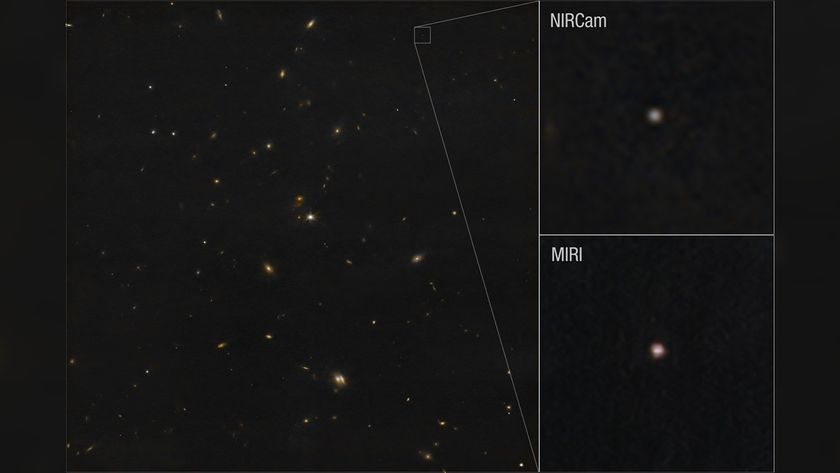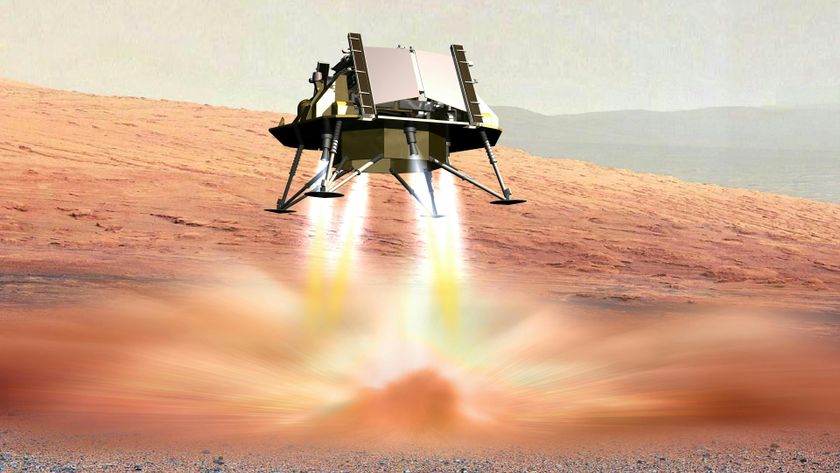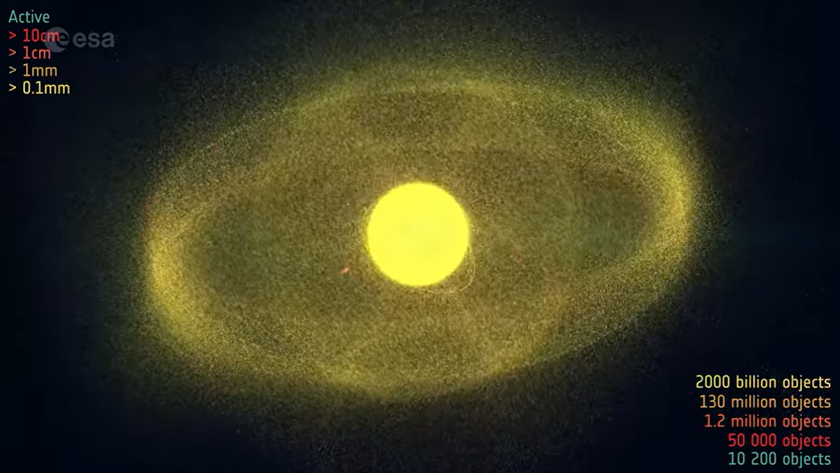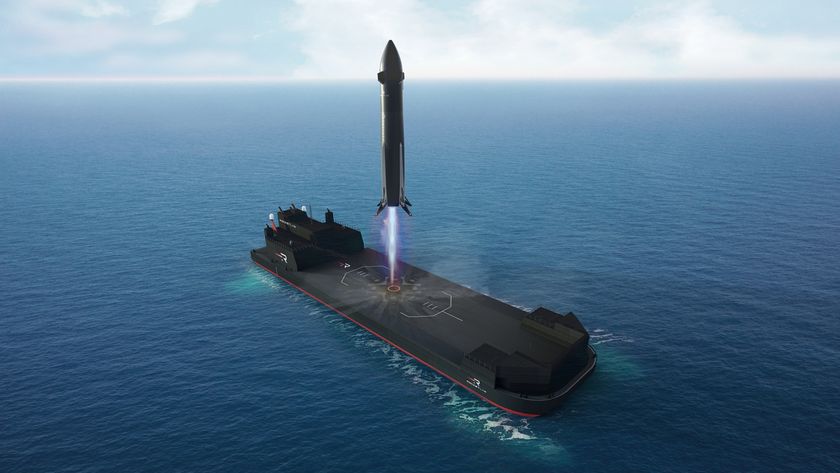'Star Trek: Enterprise' Ends, Along With an Era
After the two-hour finaleairs Friday, this will be the first time in 18 years that no first-run "Trek''series is on American TV.
"Enterprise'' lasted fourseasons. It was the first "Trek'' spinoff to last fewer than seven seasons.Plummeting ratings did what no Klingon battlecruiser or Borg collective couldaccomplish. And this time, network honchos didn't bow to Trekker pressure to renew the series, as theydid in the face of a write-in campaign that gave the original "Star Trek'' athird year on the tube (1966-69).
In fact, many longtimeTrekkers stopped watching long ago. There were gripes going back at least asfar as the fourth incarnation, "Star Trek: Voyager'' (1995-2001), about lame orretreaded plots, goofy aliens and the weak leadership of "Voyager's'' KathrynJaneway (Kate Mulgrew) and "Enterprise's'' Jonathan Archer (Scott Bakula).
Sadly lacking were therules-be-damned machismo of James Tiberius Kirk (William Shatner) or the classand thoughtful maturity of Jean-Luc Picard (Patrick Stewart).
The original "Trek'' wasnot above a little titilation to jazz up ratings. (Who can forget Yeoman Rand'sminiskirt or the green-skinned Orion dancers?) But "Voyager'' may have uppedthe silliness ante with a Borg who wore skin-tight catsuits and high heels,while "Enterprise'' had a curvaceous Vulcan officer stripping every otherepisode.
No villain like theunstoppable Borg cropped up for a decade, either.
Supporters say "Enterprise''had vastly improved in its final season and blame other reasons for the ratingsdrop: weekend reruns that drew an audience but weren't counted in the Nielsens;ditto for those who taped or TiVo'd the program. And shifting "Enterprise'' toa Friday time slot didn't help.
Get the Space.com Newsletter
Breaking space news, the latest updates on rocket launches, skywatching events and more!
Producer Rick Berman hascited the problem of "franchise fatigue'' after decades of "Star Trek''spinoffs.
Perhaps, some Trekkersargue, it was time to take a rest. After all, it was 18 years between the original"Trek'' and "The Next Generation,'' which went on to have a vast following.
In the meantime, there arethe reruns, the DVD packages, the video games, the hordes of fans in chat roomsand conventions and the contributions to popular culture that range fromKlingon language academies to the phrase "Beam me up, Scotty!''
Things have changed a lotover the years, both within and without the "Trek'' universe, as scholars drewreal-world comparisons to the shows.
The original series had aCold War between the Federation and the Russians, er, Klingons and a cheerfullynaive approach to solving racial and political conflicts.
''Next Generation''(1987-94) had a post-Soviet view in which the Klingons were allies, and apolitically correct view that the values of other cultures, no matter how weirdor repugnant, deserved respect.
Both also shared a sunnyidealism that humans had overcome their own conflicts, lived in peace, and wereon voyages of discovery and knowledge for the sheer joy of it.
The optimistic view of aunited future humanity that the original "Trek'' offered began to crumble inearnest with "Star Trek: Deep Space Nine'' (1993-1999). The earnest morality ofthe first two series gave way to gray areas in which the good guys dirtiedtheir hands with assassinations and other foul deeds in fighting a war forsurvival.
Moral relativism had creptinto the sparkling "Trek'' universe. Some viewers were dismayed; othersenthralled.
By "Enterprise,'' actuallya prequel set more than a century before the original series, the plotsinvolved murky machinations and feuds spreading across the galaxy and eventhrough time. Innocence was replaced by a somewhat gloomy view. Even thevaunted Vulcans were portrayed as pompous and dissembling.
But in the meantime, "Trek''no longer had the TV universe to itself. "Bablyon 5'' (1994-1998) created aworld arguably as rich and complex as the Federation's. Nowadays, sciencefiction fans can choose from a host of syndicated and cable shows, including "GeneRoddenberry's Andromeda'' (named for "Star Trek's'' late creator and producedby his widow) and the new "Battlestar Galactica.''
Maybe there's just too muchcompetition these days, and the audience is too fragmented.
Maybe even Capt. Kirkcouldn't save the franchise.
Maybe, as with people, sowith "Trek'': the one enemy that always wins is Time.
Or perhaps, someday in thedistant future, "Star Trek'' will rise again. Fans can have only one responseto that hope:
Make it so.
Join our Space Forums to keep talking space on the latest missions, night sky and more! And if you have a news tip, correction or comment, let us know at: community@space.com.
